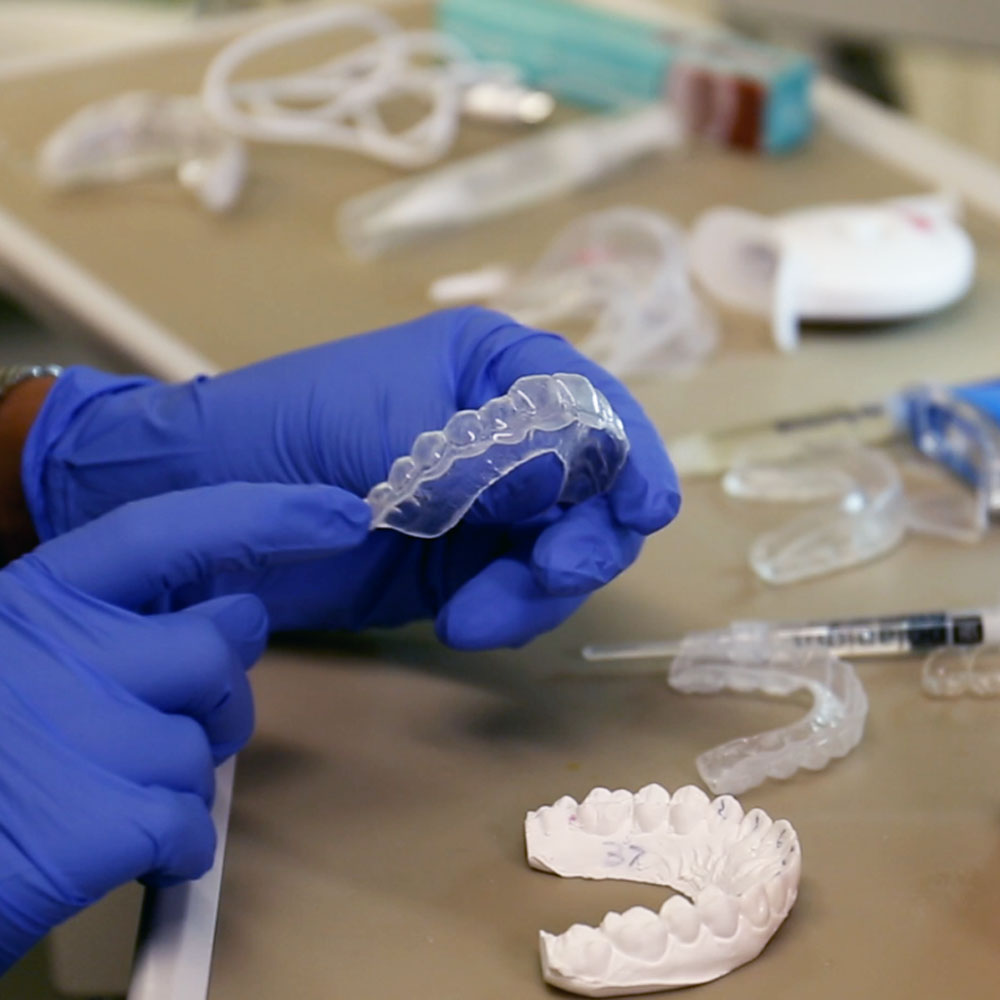Dmd Dental Meaning

The term “DMD” in the context of dental education and practice stands for Doctor of Dental Medicine. It is one of the two degrees awarded to dental graduates in the United States, the other being the Doctor of Dental Surgery (DDS). Both degrees are equivalent and indicate that the holder has completed the required education and training to become a general dentist.
To become a DMD, an individual must complete a minimum of four years of undergraduate study and then attend dental school for an additional four years. The dental school curriculum includes both classroom and clinical training in subjects such as anatomy, biochemistry, pharmacology, and clinical sciences. Upon graduation, dental students are awarded the DMD degree, after which they must pass the National Board Dental Examination and a clinical examination to obtain a license to practice dentistry in their state.
The choice between awarding a DMD or DDS degree by dental schools is largely a matter of historical and institutional tradition. Some schools award DMD degrees, while others award DDS degrees. The American Dental Association (ADA) recognizes both degrees as equivalent, and both are accepted by state dental boards for licensure.
It’s worth noting that after completing their general dentistry degree, some dentists may choose to pursue additional specialized training through residency programs. These programs can lead to certification in one of the nine recognized dental specialties: orthodontics and dentofacial orthopedics, pediatric dentistry, periodontics, prosthodontics, oral and maxillofacial surgery, oral and maxillofacial pathology, endodontics, public health dentistry, and oral and maxillofacial radiology.
In summary, a DMD is a professional degree that indicates the holder is qualified to practice general dentistry. It signifies completion of the educational requirements and training necessary to become a competent dentist, capable of providing a wide range of dental services to patients.
Educational Requirements for DMD
- Pre-dental Education: Typically, a bachelor’s degree is required for admission to dental school. The pre-dental course work includes subjects like biology, chemistry, physics, and mathematics.
- Dental School: Four years of study at a dental school accredited by the Commission on Dental Accreditation (CODA). The first two years focus on classroom and laboratory instruction, covering foundational sciences. The final two years emphasize clinical training, where students work directly with patients under the supervision of licensed dentists.
- Licensure: After graduating from dental school, candidates must pass the National Board Dental Examination (NBDE) and a clinical skills examination (such as the Clinical Skills Examination administered by the Council of Interstate Testing Agencies) to become licensed dentists.
Career Opportunities
DMD graduates can pursue a variety of career paths, including:
- General Dentistry Practice: Providing routine dental care such as fillings, crowns, and preventive care to patients.
- Specialized Dentistry: Pursuing additional education and training to become a specialist in one of the recognized dental specialties.
- Academia and Research: Teaching and conducting research at dental schools or other institutions.
- Public Health: Working in government agencies, non-profit organizations, or private companies to improve oral health at a population level.
- Military Service: Serving as a dentist in the armed forces.
Regardless of the path chosen, the DMD degree is a critical first step towards a rewarding and challenging career in dentistry.
What does DMD stand for in dentistry?
+DMD stands for Doctor of Dental Medicine, a degree awarded to dental graduates indicating they have completed the required education and training to become a general dentist.
Is there a difference between a DMD and a DDS?
+No, there is no difference. Both DMD and DDS degrees are equivalent and signify completion of dental school. The choice between awarding a DMD or DDS degree is based on the tradition of the dental school.
What are the educational requirements for becoming a DMD?
+To become a DMD, one must complete four years of undergraduate study followed by four years of dental school. After graduation, passing the National Board Dental Examination and a clinical examination is required for licensure.
In conclusion, the DMD degree represents a significant milestone in the education and training of a dentist, signifying the completion of a rigorous program of study and clinical training. It is a crucial step towards a career in dentistry, offering a wide range of opportunities for practice, specialization, and contribution to the field of oral health.



